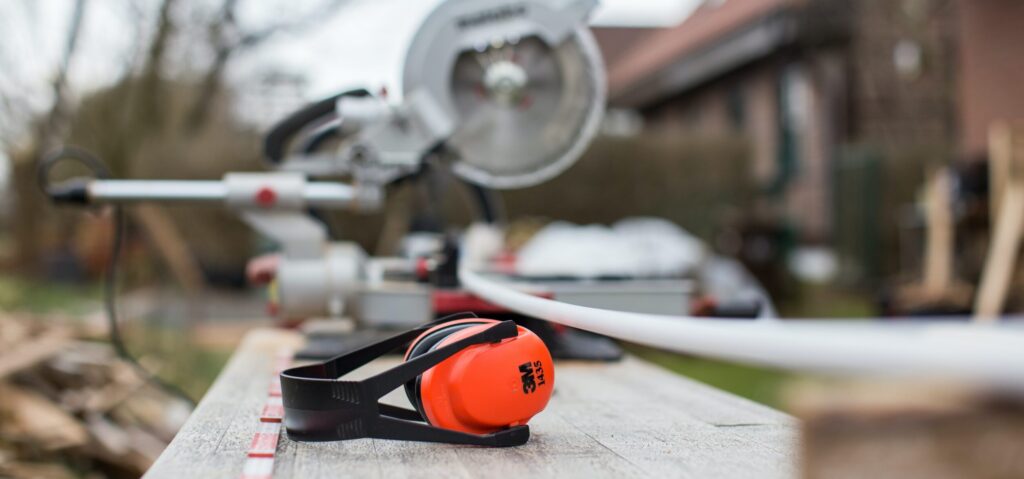Recognising Dental Injuries and Common Types
Dental injuries involve harm to various mouth parts such as teeth, lips, gums, tongue, and jawbones. These injuries can range from:
- Chipped teeth
- Fractured teeth
- Teeth becoming loose or completely dislodged
- Teeth forced into the socket, resulting in socket wall fractures
- Injuries to the jaw alongside cuts on lips and gums
Understanding Dental Negligence
Dental negligence refers to a situation where a dental professional fails to maintain a reasonable standard of care, which results in injury or unnecessary suffering for the patient. Examples of negligence range from misdiagnosis and delayed diagnosis to inadequate root canal treatment or unnecessary costs incurred. Patients may experience pain, disfigurement, or even loss of dental function due to improper treatment.
Patients can claim against the dental professional responsible, such as a dentist or orthodontist, if they are not protected by the Clinical Indemnity Scheme. Dental negligence can encompass both clinical negligence, such as failing to provide necessary care, and dental malpractice, which includes cases of incorrect treatment or improper standards being followed.
In these cases, the dental professional may be held liable for damages resulting from their breaches in duty of care. To successfully prove liability, a patient must demonstrate a causation between the dental negligence and their injury or suffering.
Dental Negligence Claims
When an individual experiences injury or discomfort due to a dentist’s negligence, they may be eligible for a dental negligence claim. Dentists in Ireland are legally recognised as medical practitioners under the Medical Practitioners Act 2007, and must adhere to high medical standards.
Since dental negligence claims don’t fall under the jurisdiction of the Injuries Board, seeking assistance from a solicitor is essential. Such claims can result from injuries to the teeth or mouth, or alterations in appearance due to improper dental treatment. The legal process may involve negotiation, court proceedings and, eventually, the granting of compensation or damages for the affected party.
Types of Dental Negligence Claims
Dental negligence claims can be broadly categorised into two groups: cosmetic dentistry claims and non-cosmetic dentistry claims. Cosmetic dentistry claims can arise from adverse effects, unsatisfactory aesthetics, or improper use of whitening treatments in cosmetic dental procedures. Non-cosmetic dentistry claims cover a wider range of issues, which can include but are not limited to:
- Infections
- Nerve damage
- Misdiagnosing or delayed diagnoses of dental conditions
- Erroneous tooth extractions
- Inadequate fillings, root canal therapy, or crowns
- Insufficient orthodontic care, especially for orthodontists treating children
- Improper management of tooth decay or gum disease
Nerve Damage Claims
Nerve damage, which can be long-lasting, is one potential injury caused by dental negligence. Patients may be eligible for compensation if they believe their dentist’s failure in providing necessary care, incorrect dental work, or substandard procedures contributed to their nerve damage.
Oral Cancer Claims
Dentists are often better equipped to detect mouth cancer than general practitioners, making it crucial for them to routinely check for signs during check-ups. Overlooking symptoms or failing to diagnose mouth cancer could provide grounds for dental malpractice cases.
Periodontal Disease Claims
Gum disease, an inflammation of the gums caused by plaque build-up, can lead to bad breath and bleeding gums. Without timely treatment, gum disease can progress to periodontal disease, which damages the bone anchoring the teeth to the jaw, potentially causing tooth loss and severe pain. Patients who attended regular dental check-ups and whose dentists failed to diagnose gum or periodontal disease may have a basis for periodontal disease claims.
Restorative Dentistry Claims
Restorative dentistry aims to repair damaged or decayed teeth using treatments like fillings, crowns, and bridges. Many restorative procedures become necessary when dental practitioners initially fail to diagnose tooth decay. Valid restorative dentistry claims could arise from cases like:
- Poorly executed fillings that leave decay in the treated tooth
- Inadequate cleaning of the cavity before filling
- Untreated decay
- Filling the wrong tooth
- Unnecessary tooth extraction
It is essential to consult a solicitor specialising in dental or medical negligence claims if you suspect dental negligence has occurred, to help you pursue the appropriate course of action and seek compensation when warranted.
Time Constraints in Dental Negligence Claims
The statute of limitations for filing dental negligence claims is typically two years from when the alleged negligence took place. However, there are exceptions to this rule that may be relevant to the claimant’s situation. Some factors that could affect these time limits include:
- Date of knowledge: If the person affected by the negligence wasn’t immediately aware of the issue, the two-year time frame starts from when they discovered or should have reasonably discovered the negligence. This may happen during a follow-up appointment, or when they access their medical records.
- Legal time limits: In Ireland, dental negligence claims must be pursued within two years, but that timeframe can be extended depending on the circumstances.
It’s essential for those considering a dental negligence claim to understand these time constraints and consult an experienced solicitor to ensure their case is filed within the appropriate window. Observing the legal time limits and understanding the specifics of the statute of limitations can improve the chances of a successful dental negligence claim.
How to Make a Dental Negligence Claim?
If you’ve experienced unsatisfactory treatment from your dentist and believe it has caused further harm or delayed recovery, you might consider making a dental negligence claim. Here’s a brief overview of the main steps involved in the process:
- Consulting a Solicitor: The initial step is to consult with a solicitor who specialises in medical negligence. They will obtain your dental records from the relevant dental professional and review them. An independent expert will be instructed by the solicitor to conduct a report on the standard of care you received.
- Establishing Negligence: In order for a claim to be viable, it must be proven that the dental treatment you received was below the expected standard of care that a patient should typically receive from a dentist.
- Establishing Causation: It should be evident that your recovery was delayed, or further injury was caused, directly due to the negligent dental treatment.
- Gathering Proof and Medical Care: Your solicitor will only issue proceedings in a dental negligence action if a positive independent expert report is obtained. This will serve as the foundation for pursuing your claim, while also ensuring a higher probability of a successful outcome.
It’s essential to seek expert legal advice to determine if your case is viable and how to proceed with the claim. With over 50 years of experience in providing legal advice to patients, our team can offer you valuable guidance when you need it most.
Contact us today at 1800 207 207, or reach out online for further assistance.
Frequently Asked Questions
How does one begin a dental negligence claim?
To initiate a claim for dental negligence, it is recommended to consult with a solicitor experienced in handling such cases. They can help you assess the validity of your claim and guide you through the process of gathering evidence and submitting a claim.
What counts as a dental injury in negligence claims?
A dental injury in the context of negligence claims refers to harm suffered by a patient as a result of substandard care, treatment or advice provided by a dental professional. Examples of dental injuries include incorrect tooth extractions, misdiagnosis, or failure to diagnose a dental condition, poorly performed dental procedures, and more.
What are common compensation amounts for dental negligence in the Ireland?
Compensation amounts for dental negligence in the Ireland can vary significantly depending on the severity of the injury, the level of pain and suffering experienced, and the financial losses incurred. These can range from a few hundred pounds for minor injuries to tens of thousands for severe cases affecting the patient’s quality of life.
What evidence is needed to support a dental negligence claim?
In order to support a claim of dental negligence, the following elements must be established:
- Duty of care: The dentist-patient relationship must be established, confirming that the dentist owed a duty of care to the patient.
- Breach of duty: It must be shown that the dental professional provided substandard care, which failed to meet the expected standards.
- Causation: The claimant must demonstrate that their injury or harm was directly caused by the dentist’s breach of duty.
- Damages: Evidence of the injury or harm suffered must be provided, including physical, emotional, and financial damages.
Documentation like dental records and expert opinions can support these elements.
Are there time restrictions for filing a dental negligence claim?
Yes, there are time limits for filing a dental negligence claim. In the Ireland, a claim must generally be made within two years from the date of the negligent act or the date that the claimant became aware of their injury. However, a sooner action is strongly encouraged as certain specific cases might have more strict deadlines.
When is a dentist considered liable for a personal injury?
A dentist can be considered liable for a personal injury if they have breached their duty of care, and this breach has directly resulted in harm or injury to the patient. This can include instances of incorrect diagnosis, poor treatment planning, or even causing additional damage or suffering during a dental procedure.








